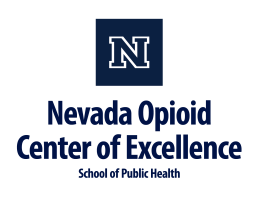Human Trafficking in Nevada: A Statewide Perspective on Prevention, Response, and Recovery
This collaborative training brings together experts from across Nevada to explore the complex landscape of human trafficking throughout the state. Presenters will highlight the realities and regional nuances of trafficking in urban, rural, and campus communities, while addressing the frequent intersection with opioid use and substance dependency. Topics include recruitment tactics, legal context, trauma-informed response, and victim advocacy. Participants will gain a deeper understanding of how trafficking operates in Nevada and what communities can do to identify, prevent, and respond to exploitation.
